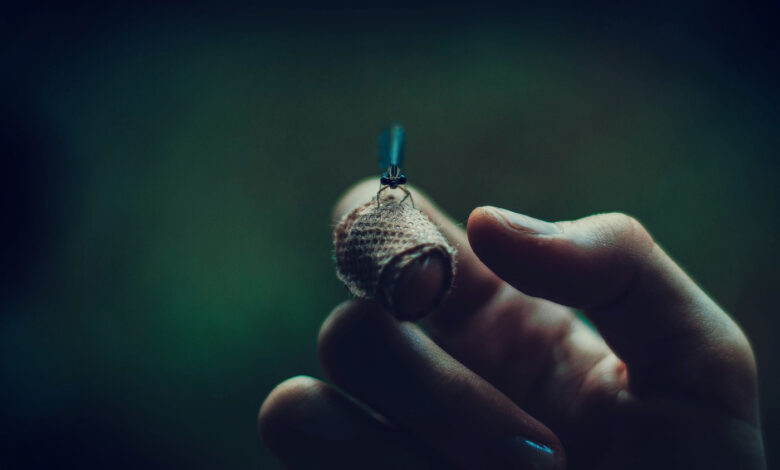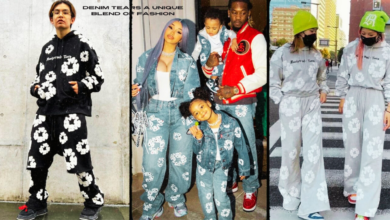Sinful Deeds: Exploring the Shadows of Human Nature

What is it about the concept of “sinful deeds” that grips our imagination? It’s a term that evokes both fear and fascination—a mirror reflecting the darker corners of human existence. From mythology to literature, and even social media, sinful deeds have been a source of intrigue throughout history.
This blog will take you through the origins, cultural depictions, and modern implications of We’ll also explore practical advice for overcoming personal struggles and attempt to unravel what the future holds for society’s understanding of this profound concept.
The History and Evolution of Sinful Deeds
The idea of sinful deeds has its roots deeply entrenched in human civilization. The term “sin” emerged primarily within religious and moral frameworks, often symbolizing acts of transgression against divine or societal norms. Ancient texts, such as the Bible and the Quran, have classified certain actions—greed, lust, envy, and wrath—as sinful, setting the foundation for moral codes that influenced entire cultures.
Over time, the definition of sin expanded beyond religious doctrines. Philosophers, such as Aristotle, analyzed human vices, debating why humanity strays from virtue. The Renaissance and Enlightenment periods invited new interpretations, blending philosophical and spiritual perspectives. Sinful deeds became as much psychological as they were moral.
Interestingly, the evolution of isn’t just about morality—it’s also about context. What was considered sinful centuries ago might be celebrated as freedom of choice today.
Sinful Deeds in Literature and Popular Culture
Few concepts lend themselves as dramatically to storytelling as sinful deeds. Literature has long been a canvas for exploring humanity’s inner struggles with sin. Classic works like Dante’s Inferno vividly depict sinners enduring poetic justice, while Nathaniel Hawthorne’s The Scarlet Letter examines societal judgment and the weight of guilt.
Modern-day movies and TV shows also portray the allure of sinful deeds, with characters often wrestling between redemption and ruin. Think of Tony Montana in Scarface, whose thirst for power defines his tragic downfall, or Breaking Bad’s Walter White, whose moral compromises snowball into catastrophic transgressions.
By placing characters in morally gray situations, these stories teach us a crucial lesson—sin is often born from vulnerability or desperation rather than inherent evil. And by watching these tales unfold, we get a nuanced window into the human condition.
The Psychological and Societal Implications of Sinful Deeds
Why are sinful deeds so enticing, even when we know they have consequences? Psychology can shed light on this. Acting “sinfully” often satisfies immediate desires, whether it’s the thrill of rebellion, the comfort of revenge, or the rush of self-indulgence. These acts release dopamine, a brain chemical linked to pleasure, which makes them momentarily appealing.
However, the aftermath can bring guilt, regret, or shame, leading to a psychological toll on personal well-being. Sinful deeds also ripple into societal impacts—affecting trust, relationships, and the moral fabric of a community.
From a societal standpoint, humans are quick to label and vilify others’ actions as sinful, often leaving little room for compassion or understanding. Marginalized individuals frequently bear the brunt of such judgments, showcasing how the concept of sin, wielded irresponsibly, can sustain inequality.
Overcoming Sinful Deeds: Practical Advice
The good news? Sinful deeds don’t have to define us. Here are some strategies to help individuals overcome personal struggles tied to mistakes or choices they might consider “sinful”:
- Reflect on Triggers: Take time to evaluate what drives certain behaviors. Is it stress, insecurity, or a lack of boundaries? Identifying triggers is the first step to change.
- Seek Accountability: Share your struggles with someone you trust—a mentor, friend, or therapist. A support system can offer constructive guidance and encouragement.
- Replace Habits: Replace negative behaviors with healthier alternatives. Channel anger into exercise, greed into generosity, and self-indulgence into self-care.
- Practice Forgiveness: Forgive yourself. Carrying guilt only adds weight to an already challenging process. Acknowledge your mistakes, learn from them, and move forward.
- Educate Yourself: Read books or listen to podcasts that explore self-improvement or morality. Knowledge builds awareness, which is crucial for growth.
Sinful Deeds in the Modern World
The rise of social media adds a fascinating (and sometimes troubling) layer to the concept of sinful deeds. The digital age allows actions to be scrutinized on an unprecedented scale. Viral outrage over controversial influencers or unethical corporate behavior has made the public execution of “sinful deeds” not only possible, but frequent.
On the flip side, anonymity online has opened avenues for individuals to express harmful behavior without consequence, from cyberbullying to spreading false narratives. Technology, while powerful, amplifies both the best and worst aspects of human behavior.
However, the conversation doesn’t end on a bleak note. Communities and movements have emerged, promoting inclusivity, empathy, and second chances. While technology magnifies sins, it also provides tools for education and redemption.
The Future of Sinful Deeds
What does the future hold for as humanity evolves? With the rise of secularism, the interpretation of sin may continue shifting from a religious frame to a psychological and societal perspective. Neuroscience and behavioral studies hold the potential to deconstruct motivations behind harmful actions, offering actionable insights to prevent them.
Furthermore, as conversations around mental health normalize, society might grow more empathetic toward individuals grappling with guilt and promote a culture that values healing over punishment.
Yet, the integration of artificial intelligence and advancements in technology also pose ethical questions. What happens when machines dictate moral decisions? Could algorithms identify—or even predict—sinful deeds before they happen? These questions will shape future debates around morality and accountability.
Reflect, Transform, and Grow
Sinful deeds have always been more than acts—they’re an exploration of why humans fail, and how we can rise again. By understanding their roots, engaging with their manifestations in culture, and addressing personal challenges, we can build a more compassionate and introspective society.
What about you? Have you encountered stories, experiences, or reflections that challenge conventional ideas of sinful deeds? Share your thoughts in the comments, and let’s continue the conversation.





